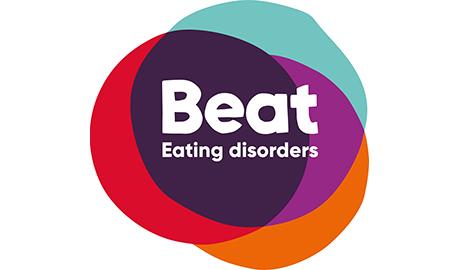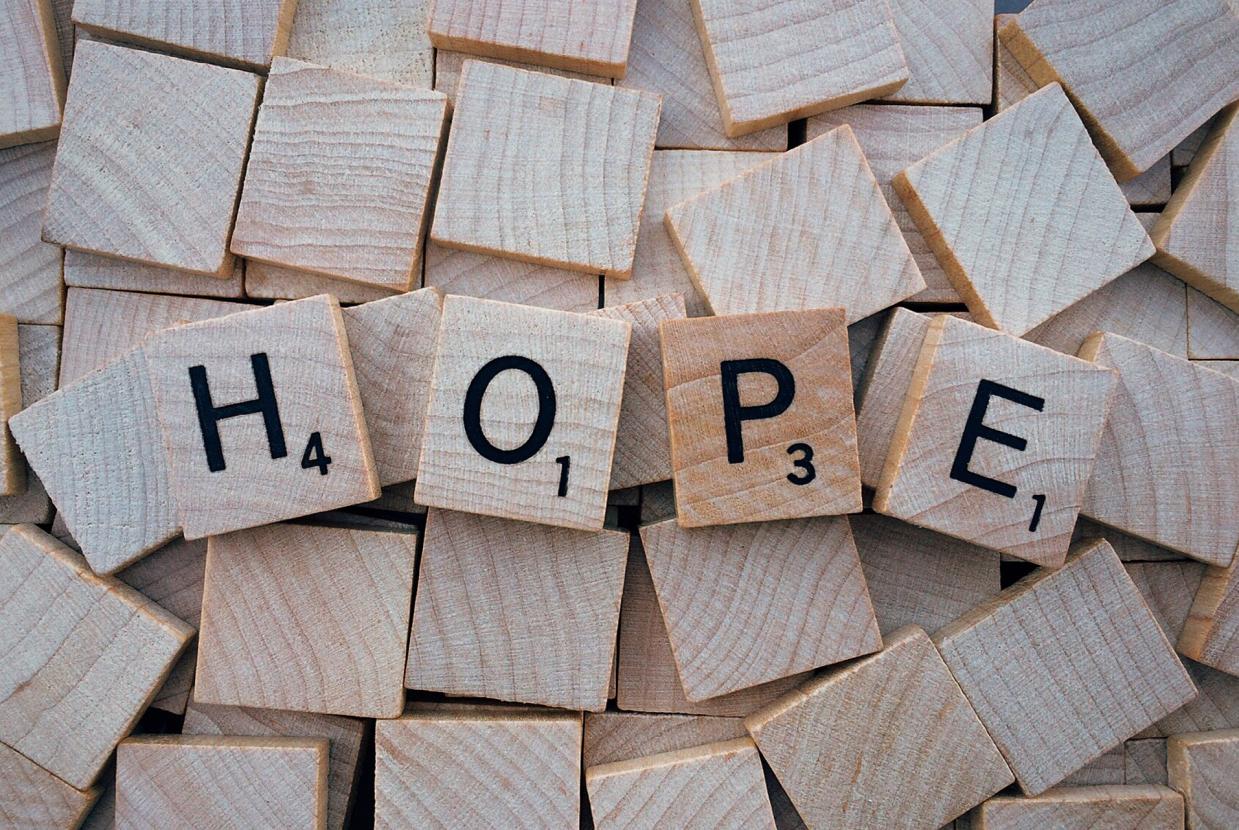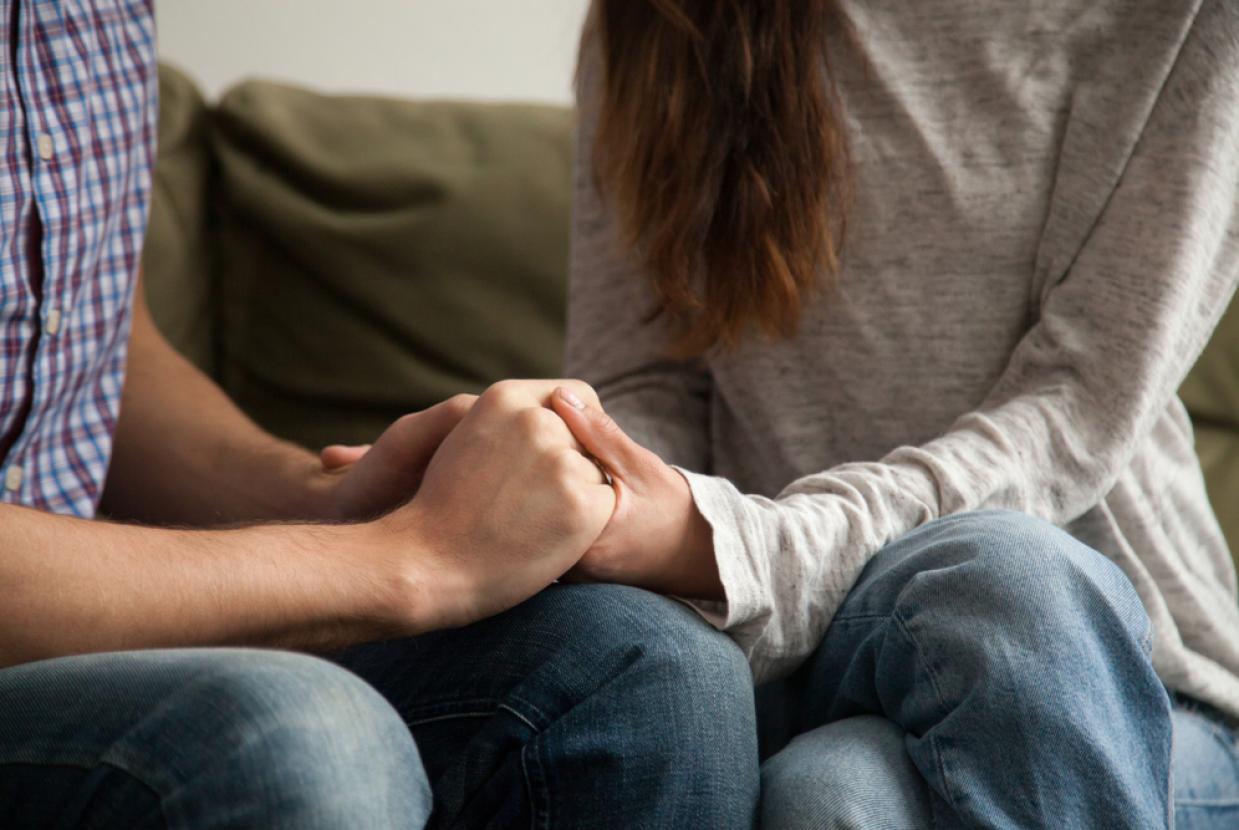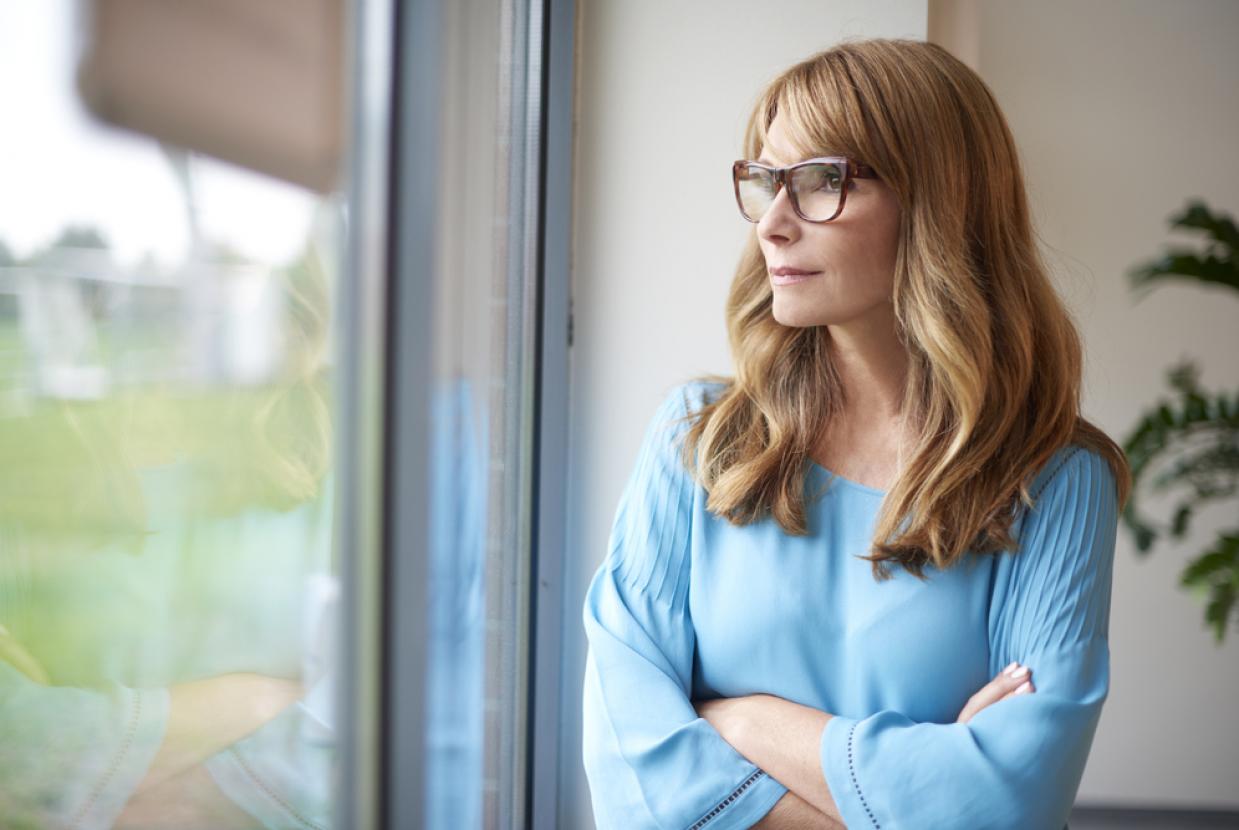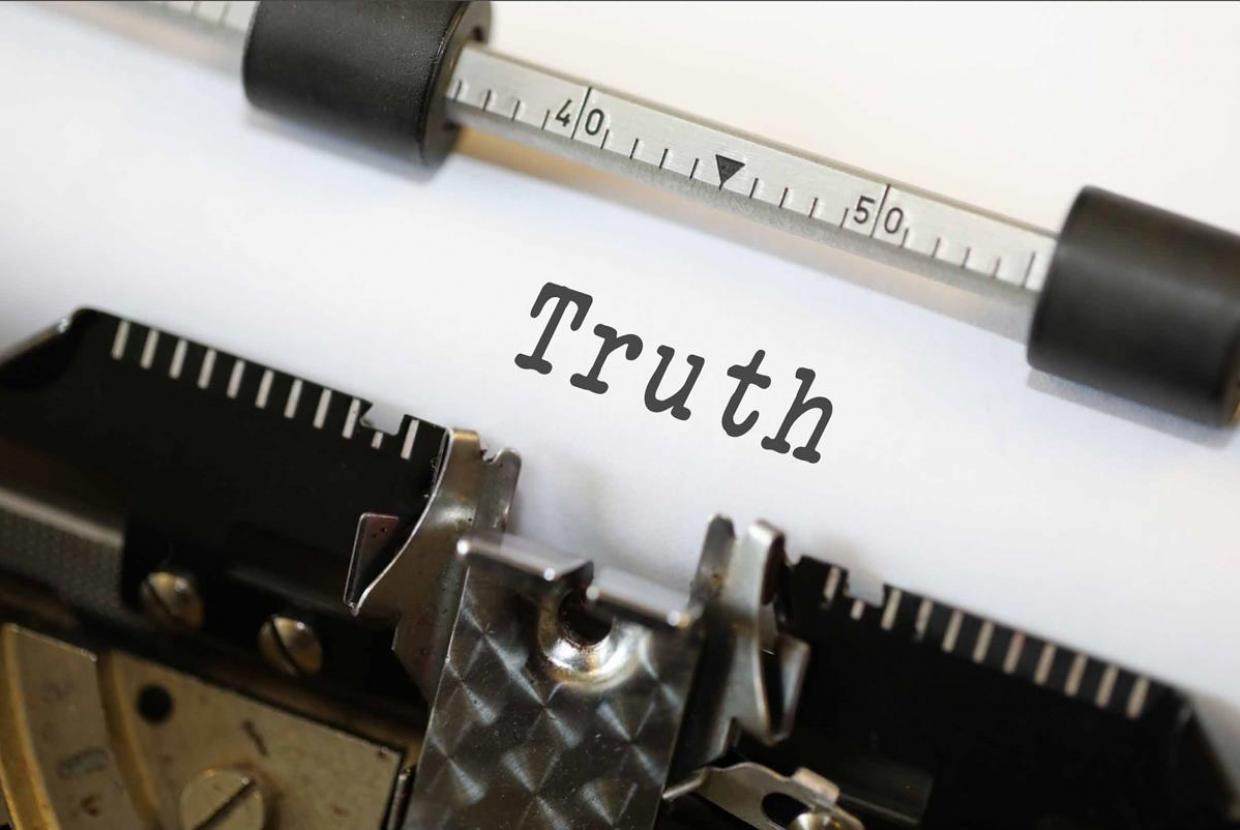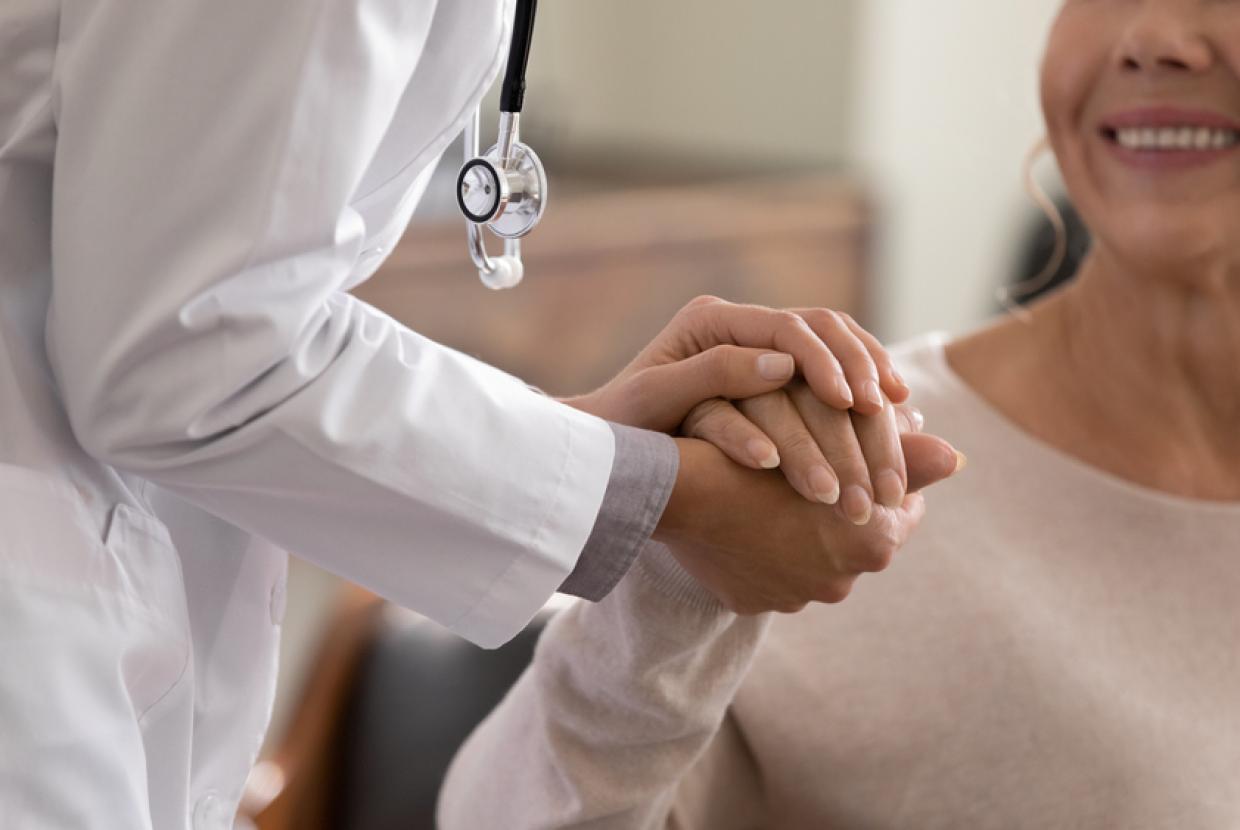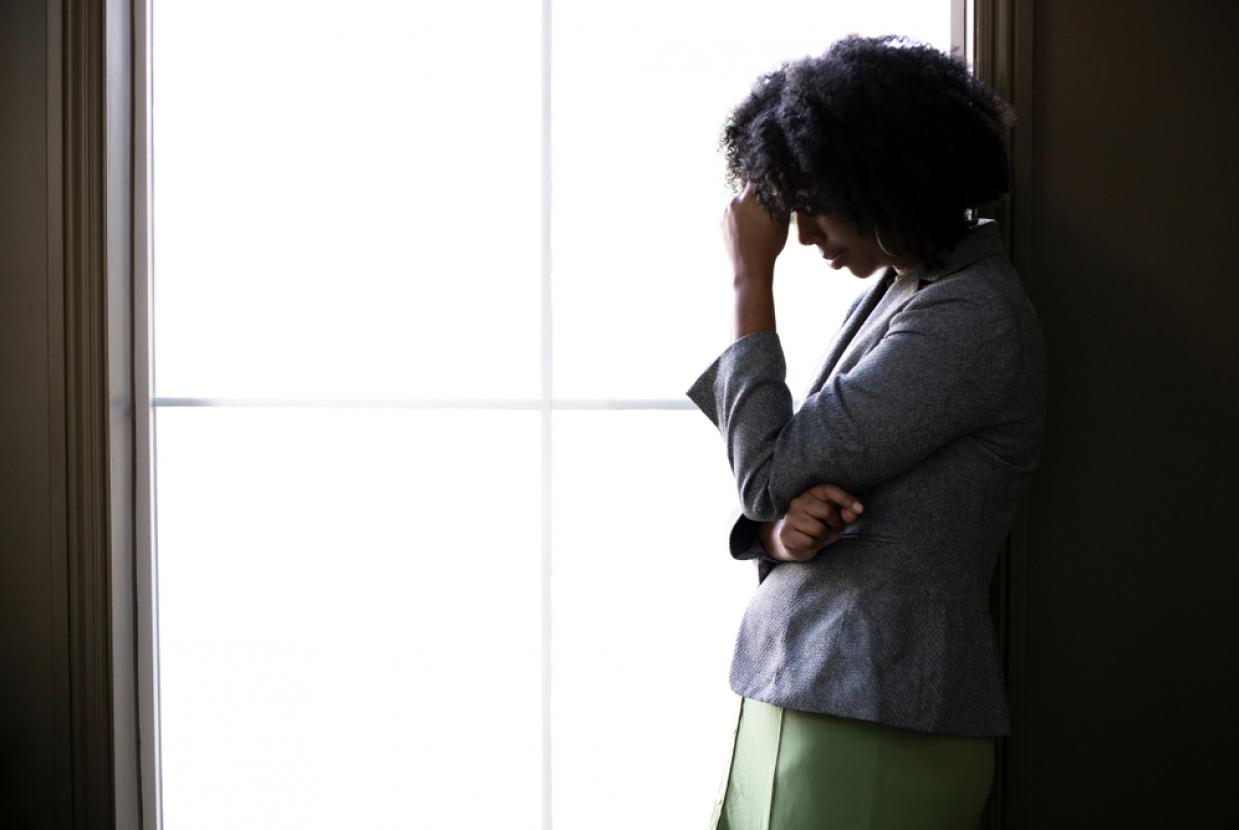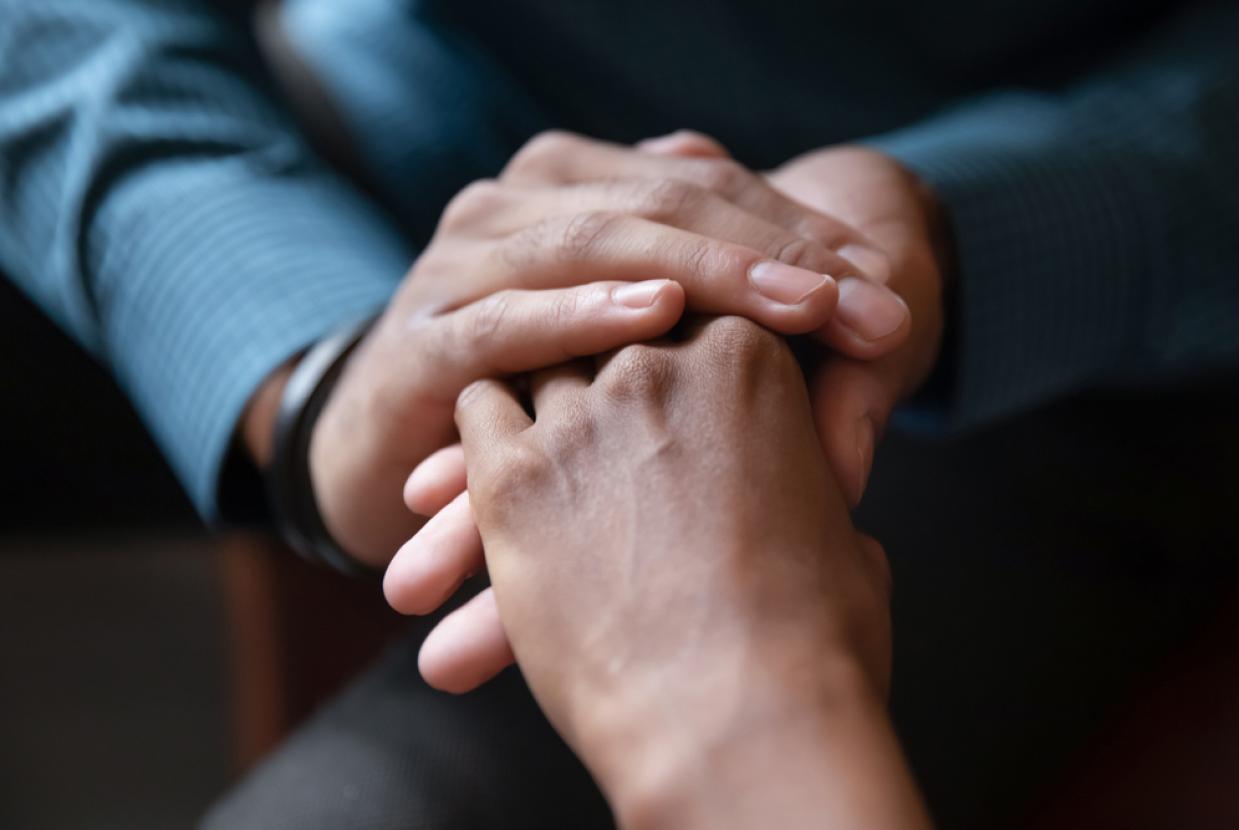EDAW 2022: Could I Have An Eating Disorder?
Eating DisordersEating disorders are complex mental illnesses. Anyone, no matter what their age, gender, ethnicity or background, can develop one. Some examples of eating disorders include avoidant/restrictive food intake disorder (ARFID), bulimia, binge eating disorder, and anorexia.
There’s no single cause and people might not have all symptoms for any one eating disorder. Many people are diagnosed with “other specified feeding or eating disorder” (OSFED), which means that their symptoms don’t exactly match what doctors check for to diagnose binge eating disorder, anorexia, or bulimia, but doesn’t mean that it’s not still very serious.
It’s also possible for someone’s symptoms, and therefore their diagnosis, to change over time. For example, someone could have anorexia, but their symptoms could later change to fit with a diagnosis of bulimia.
If you are wondering whether you have an eating disorder, this may bring up lots of questions, thoughts, and feelings. It may also be that other people are telling you that they are concerned about you or think you have an eating disorder, but you don’t agree. This can be difficult and cause conflict with those around you. Our Helpline team are here to discuss anything you are concerned about or would like to learn more about.
Could you have an eating disorder?
If you haven’t had reason to know much about eating disorders previously, it may be that your understanding of them is based on the way they’re shown in the media, for example. This often portrays a particular type of story in terms of who gets eating disorders, what causes them, and what the symptoms are.
For example, you may have most often heard about the experiences of young white women with anorexia, which doesn’t reflect the full spectrum of eating disorders and people who can develop them.
- Studies suggest around a quarter of people with eating disorders are male.
- In 2015, 15% of the calls to our Helpline were about someone aged 40 or over.
- According to a study (Fairburn & Harrison 2003), 80 Recovery is possible at any time, but it’s important to try and seek help as early as you can, as this can help in recovery. 85% of people with eating disorders are not underweight.
- Stereotypes about who gets eating disorders might make them even harder to spot among older people, men and boys, and ethnic and cultural minority groups. The real number of sufferers overall could be much higher than we think, but particularly among groups like these.
Your circumstances, feelings, and symptoms may be very different to what you’ve seen or read about, but that doesn’t mean you can’t have an eating disorder. The way eating disorders present themselves can vary a lot from person to person.
This means eating disorders can be difficult to identify, and often those suffering can appear healthy despite being unwell. If you think you might be having problems with your eating or feel that difficult feelings or situations are making you change your eating habits or feel differently about food, you could have an eating disorder or be developing one.
You can read more about the symptoms of different eating disorders here. If you’re at all worried about yourself or someone else, it’s always best to seek help as quickly as possible, as this gives the greatest chance of a full recovery.
Eating disorders can be a way of coping with feelings or situations that are making the person unhappy, angry, depressed, stressed, or anxious. They are not the fault of the person suffering, and no one chooses to have an eating disorder.
What can you do next?
Beat has lots of other information that you may find useful if you think you or someone you know has an eating disorder and as you start thinking about getting help:
- Learn more about types of eating disorders and symptoms.
- If you’re not sure how to tell someone your concerns, you can read about how to tell someone here.
- If it’s someone else that you’re worried about, you can read about ways you might raise the issue with them.
- Call our Helpline to talk about your concerns from 9am – midnight during the week, and 4pm – midnight on weekends and bank holidays. It's free to call from a landline or mobile.
- You can also get in touch with us on Twitter, Facebook, or Instagram.
The best next step is to book a GP appointment. Recovery is possible at any time, but it’s important to try and seek help as early as you can, as this can help in recovery. The earlier you can get treatment, the better your chances of recovery. We have put together an information leaflet for people to take with them when they go for an initial appointment, with sections for people with eating disorders or concerned they have one, those supporting them, and the GP.


